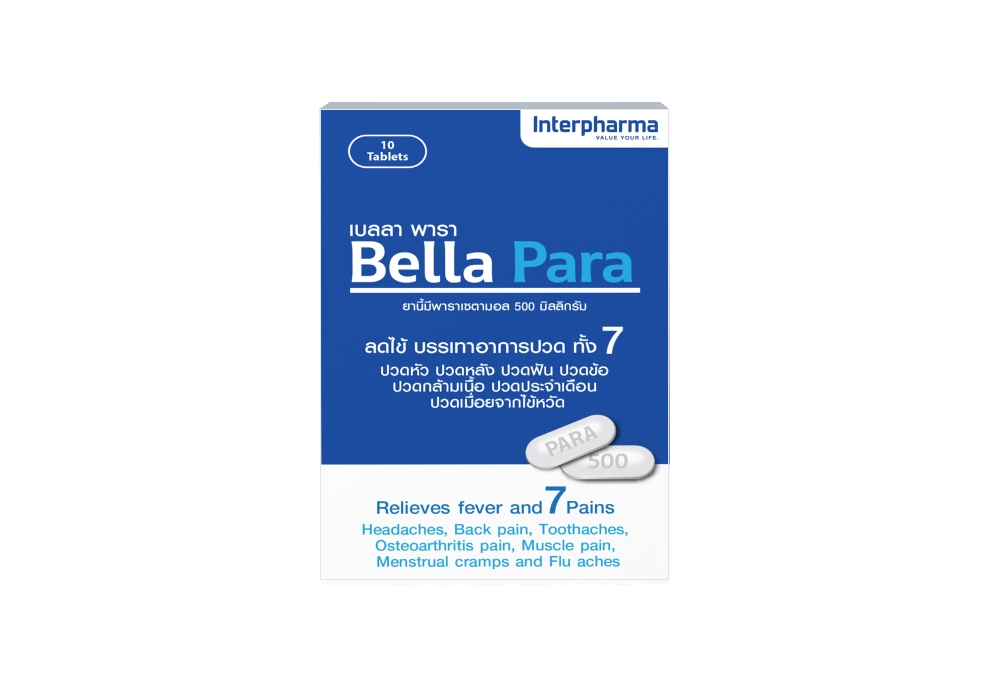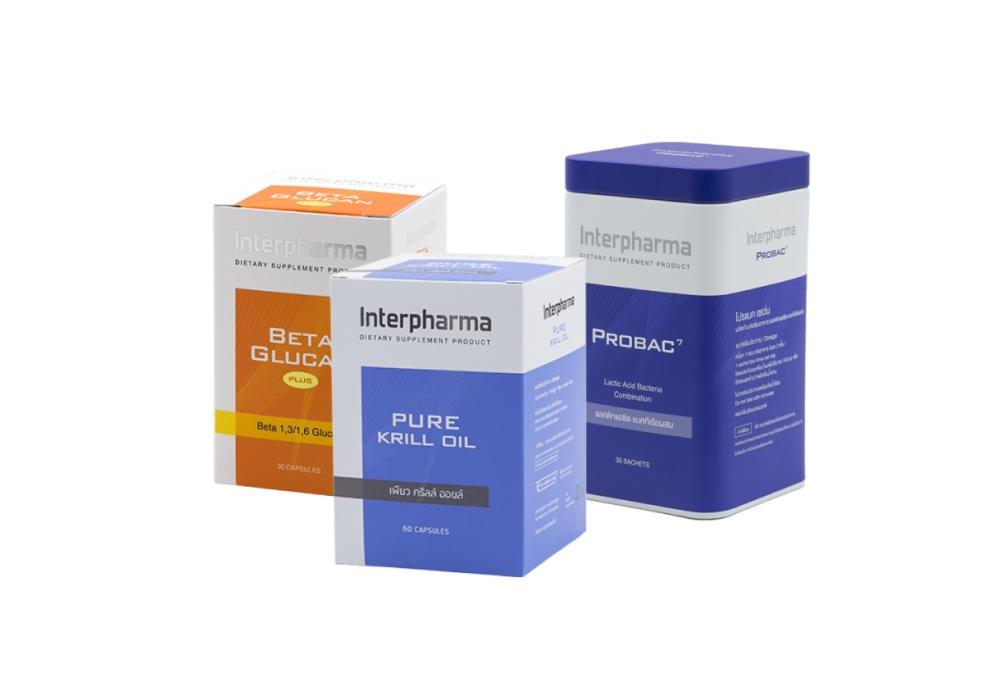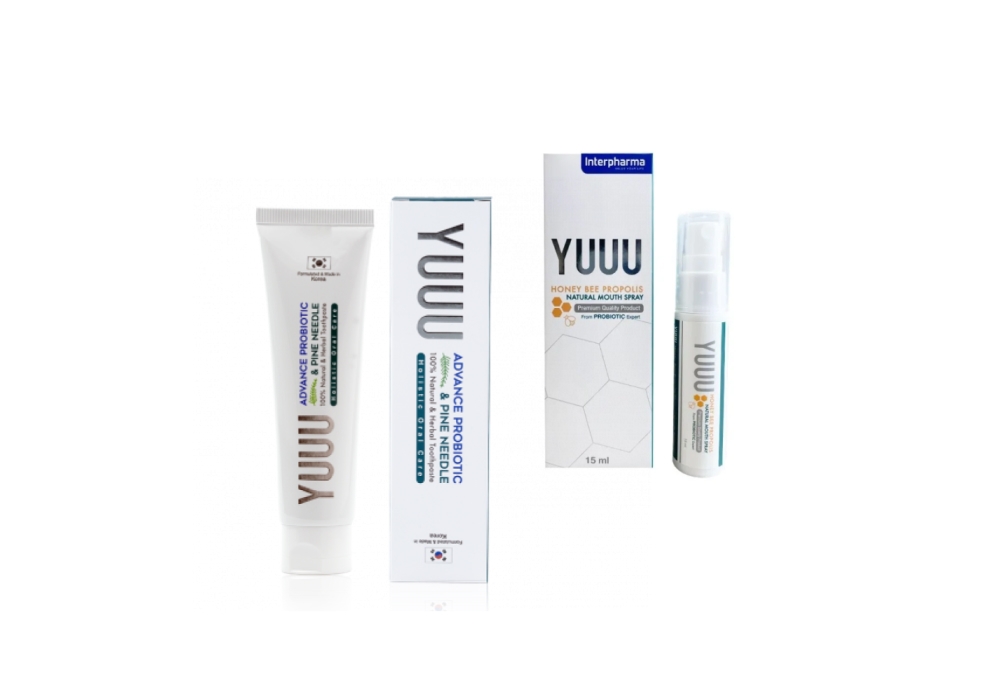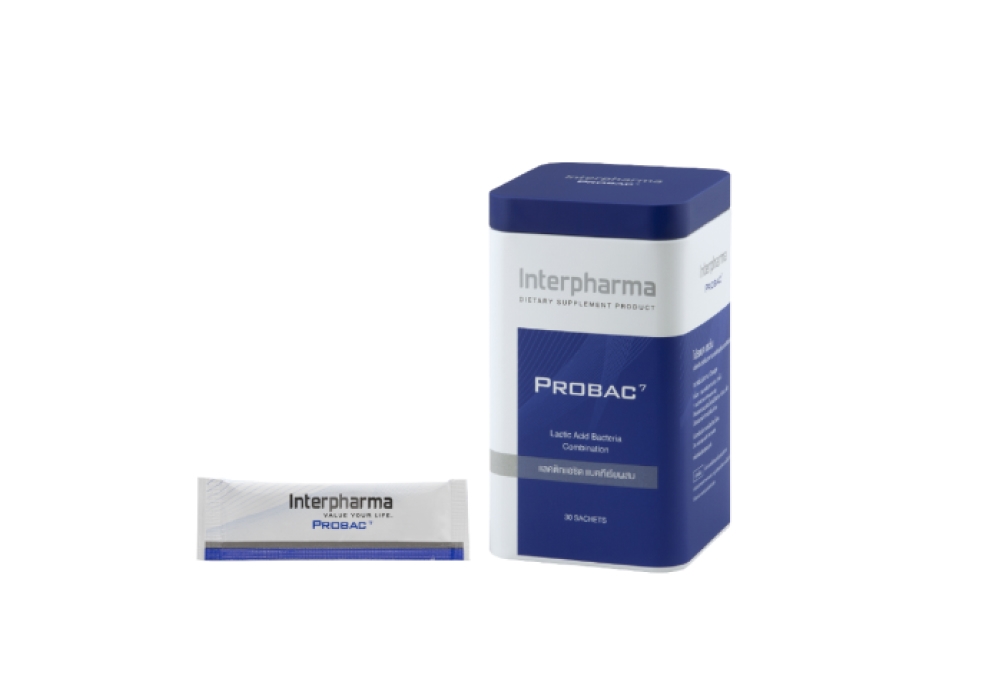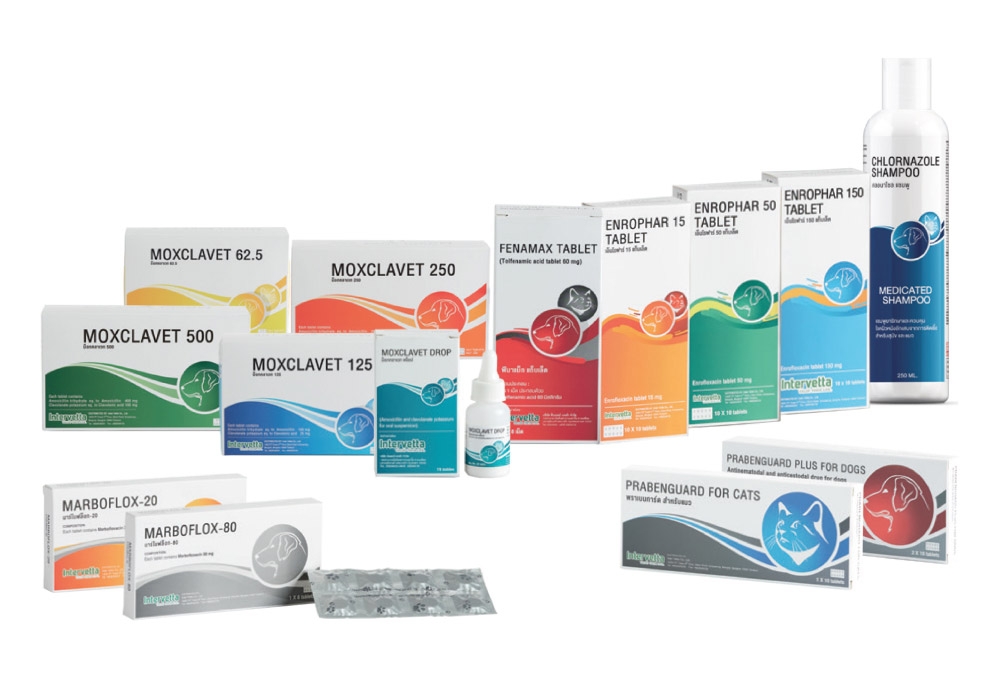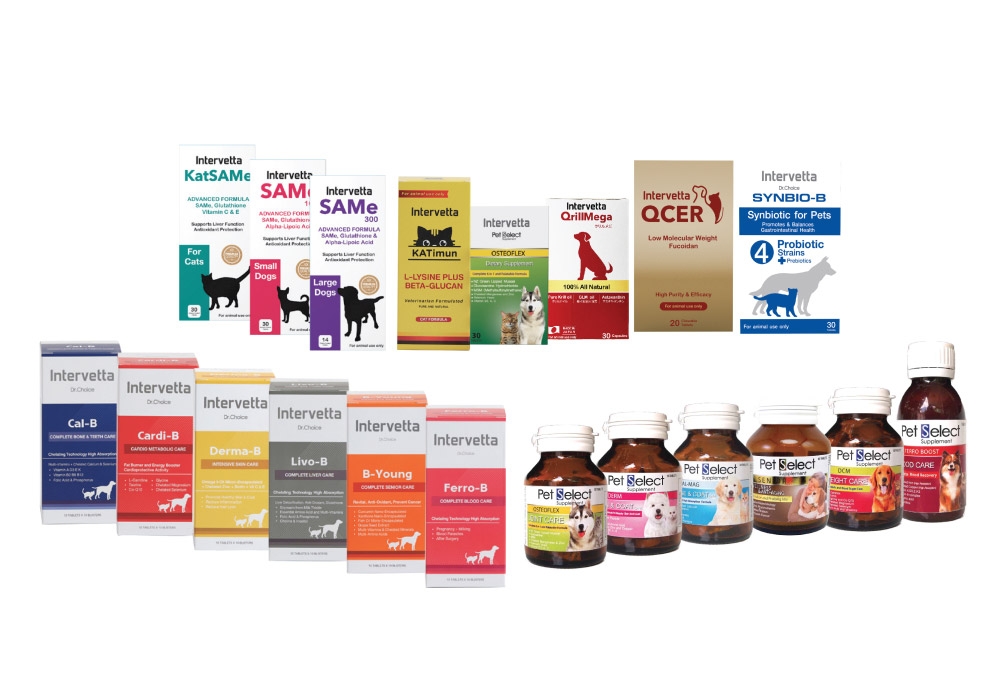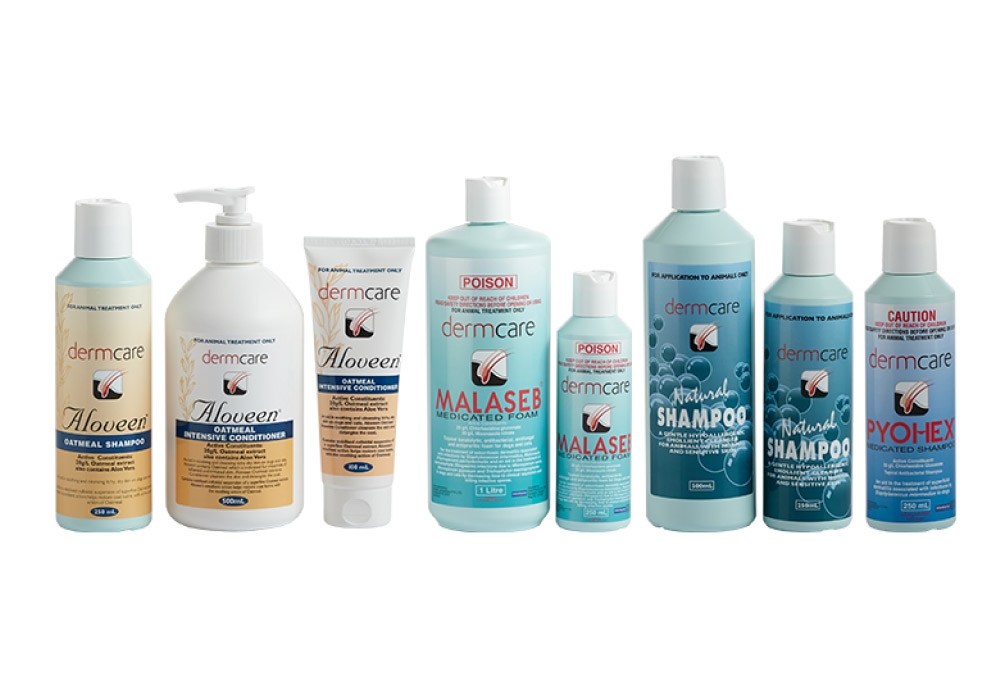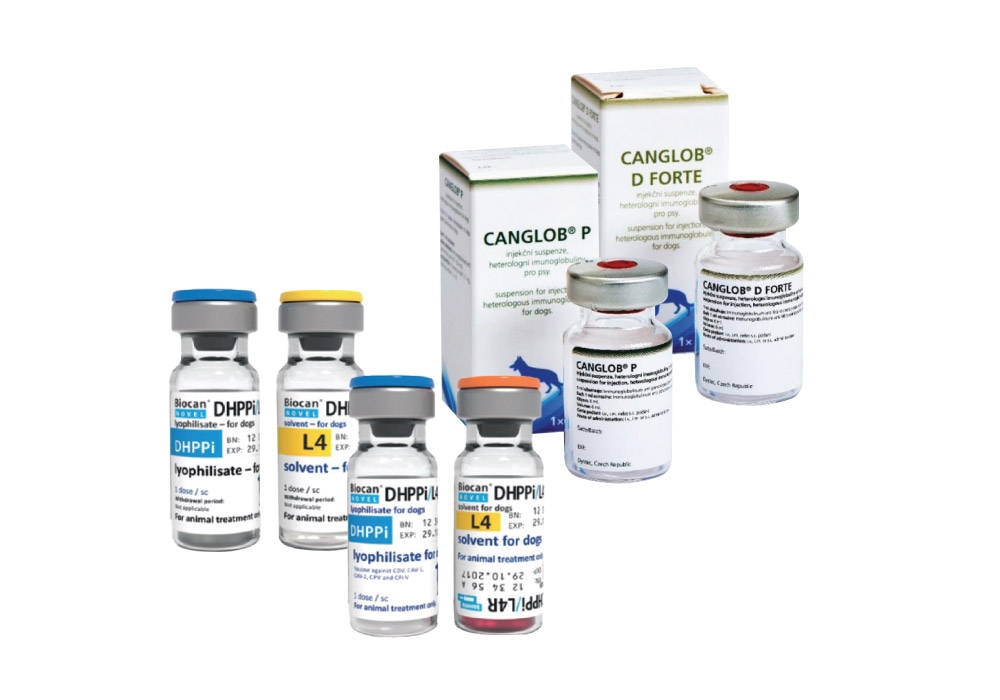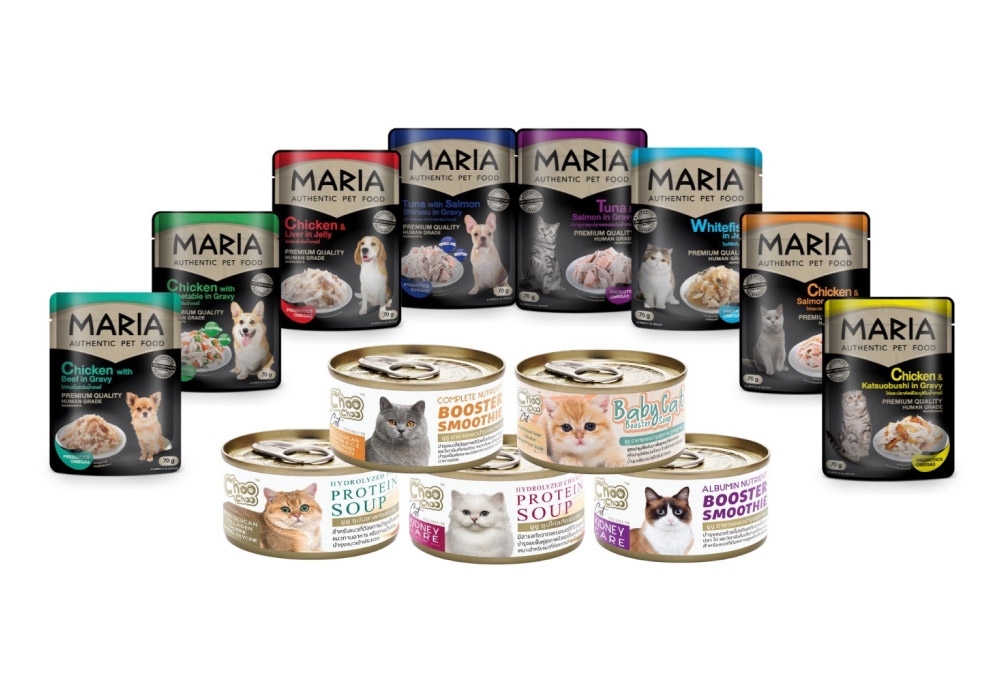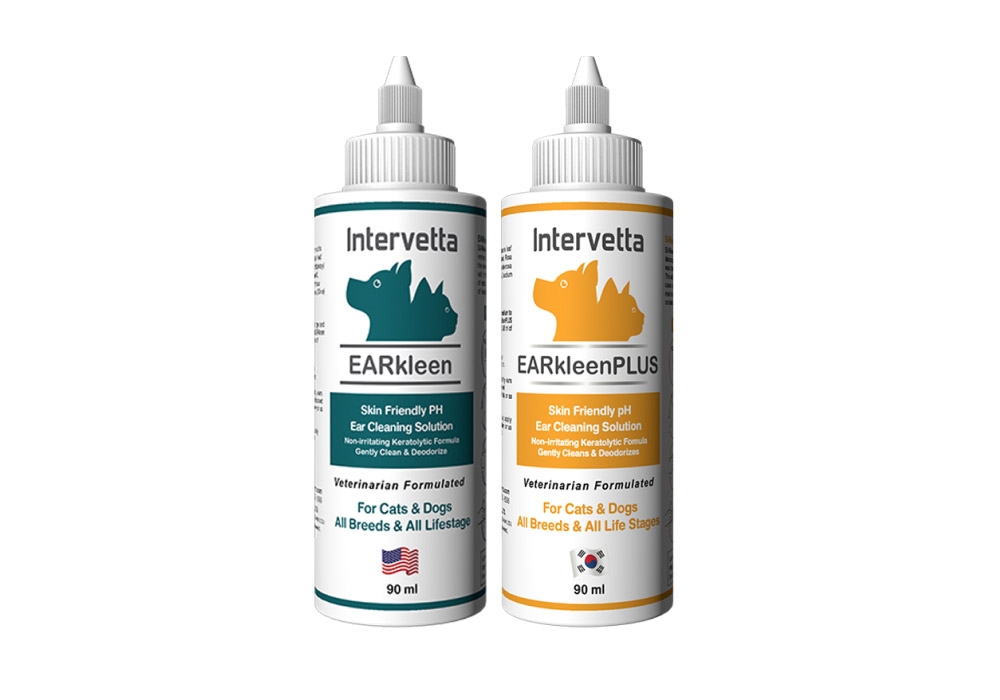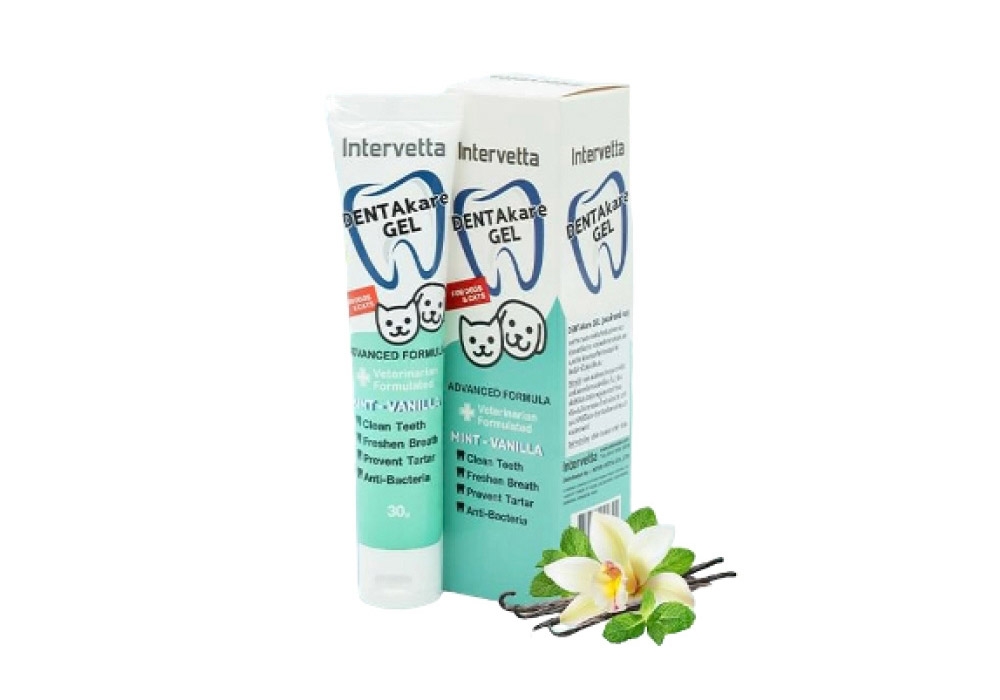The Best Nutrients for the Brain Genuinely Enhance Memory and Concentration
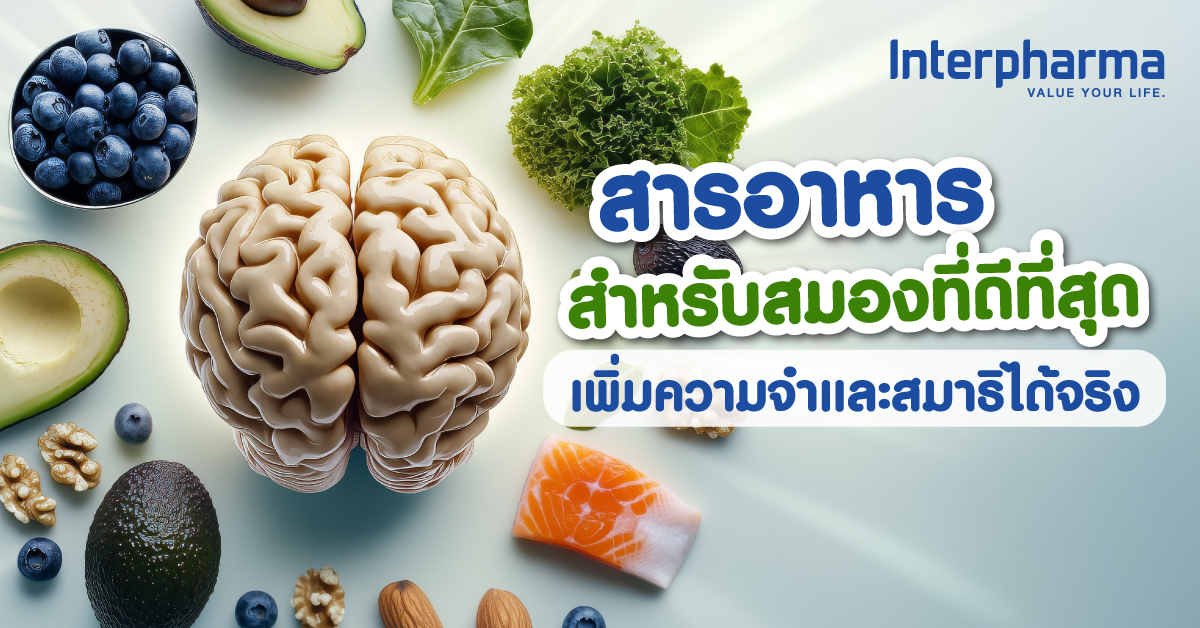
The Best Nutrients for the Brain
Genuinely Enhance Memory and Concentration
The brain is the most important organ in the body, controlling the functions of all other systems. Nourishing the brain with appropriate nutrients is therefore essential for maintaining brain health, enhancing memory, and improving concentration. In an era where we demand so much from our brains for both work and learning, choosing the right memory-boosting foods and DHA can help the brain function more efficiently.
The Importance of Brain Nutrients for Nervous System Function
The brain requires a diverse range of energy and nutrients to maintain the normal function of its nerve cells. The brain consumes up to 20% of the body's total metabolism, thus requiring an adequate supply of brain-boosting vitamins and minerals. When the body lacks essential nutrients, the brain manifests symptoms through memory loss, decreased concentration, and mood swings. Selecting the right brain nutrients is a long-term investment in your brain health.
Brain Nutrients the Body Cannot Produce
The body cannot produce DHA and certain essential fatty acids on its own; they must be obtained from food or supplements. DHA is a crucial component of brain cell membranes, aiding in nerve signal transmission and learning. Additionally, B-complex vitamins, vitamin E, and various antioxidants are all substances that the brain needs but the body cannot produce in sufficient quantities.
Essential Brain-Boosting Vitamins for Nerve Cell Function
Several vitamins play a vital role in brain function, especially the B-complex vitamins, which aid in the production of neurotransmitters. Vitamin B1 helps metabolize glucose into energy for the brain. Vitamins B6 and B12 are crucial for creating important neurotransmitters like serotonin and dopamine. Meanwhile, Vitamin B9, or folate, helps in the creation and repair of DNA in brain cells. A deficiency in these vitamins can lead to depression, confusion, and memory loss.
Vitamin E and Antioxidants for Brain Nutrition
Vitamin E protects brain cells from damage caused by free radicals, which are a primary cause of age-related neurodegeneration. Consuming memory-boosting foods high in vitamin E, such as almonds, sunflower seeds, and olive oil, can help slow brain aging and preserve good memory. Furthermore, other antioxidants like vitamin C, beta-carotene, and flavonoids also contribute to protecting the brain.
DHA and Essential Fatty Acids That the Brain Needs
DHA, or Docosahexaenoic acid, is an omega-3 fatty acid that is critically important for the brain, as it is a primary structural component of brain cell membranes and the retina. Adequate DHA intake increases the flexibility of cell membranes, allowing for efficient nerve signal transmission. Additionally, DHA supports the creation of new neurotransmitters and the growth of nerve cells. A lack of DHA can result in decreased memory, a short attention span, and an increased risk of depression.
Natural Sources of DHA and Brain Nutrients
Deep-sea fish are the best source of DHA, including salmon, tuna, sardines, and mackerel. For those who do not eat fish, certain types of seaweed are also a source of DHA. Flaxseeds, chia seeds, and walnuts contain the omega-3 fatty acid ALA, which the body can convert into DHA in small amounts. Regular consumption of these memory-boosting foods will help keep the brain healthy.
Minerals and Brain Nutrients That Enhance Performance
Several minerals play a key role in brain function. Iron helps transport oxygen to the brain; an iron deficiency can lead to oxygen deprivation in the brain, resulting in fatigue, poor concentration, and memory loss. Zinc is involved in the creation of neurotransmitters and the function of the brain's immune system. Magnesium aids in nerve signal transmission and muscle relaxation, which helps reduce stress and improve sleep quality.
Iodine and Selenium: Important Brain Nutrients
Iodine is an essential mineral for the function of the thyroid gland, which produces hormones that regulate metabolism and brain development. An iodine deficiency can impact brain function and memory. Selenium acts as an antioxidant that helps protect brain cells from damage. Consuming brain-boosting vitamins that are complete with these minerals will help the brain operate at its full potential.
Memory-Boosting Foods to Eat Regularly
Various berries, such as blueberries, blackberries, and strawberries, contain anthocyanins that help improve memory and learning. Turmeric, which contains curcumin, helps reduce inflammation in the brain and promotes the creation of new nerve cells. Dark chocolate with a high cocoa content improves blood flow to the brain and is rich in antioxidants. Ginkgo biloba also enhances cerebral circulation and improves memory. Incorporating these memory-boosting foods into your daily meals will provide continuous nourishment for the brain.
How to Choose the Right Brain Nutrients
The selection of brain nutrients should take into account age, lifestyle, and individual needs. Children and adolescents require high levels of DHA for brain development. Working-age adults need substances that help increase concentration and reduce stress. The elderly need antioxidants to prevent brain degeneration. Consulting a doctor or nutritionist can help you choose the memory-boosting foods and DHA that are most appropriate for your needs.
Combining Brain Nutrients for Maximum Effectiveness
Consuming several types of brain nutrients together yields better results than taking just one. For example, taking DHA with vitamin E increases its absorption and effectiveness. Taking B-complex vitamins together is more beneficial than taking them separately. A diet rich in a variety of antioxidants will provide more comprehensive protection for the brain. Therefore, planning a balanced and varied diet is the key to nourishing the brain.
When and How to Take Brain Nutrients Effectively
Taking brain nutrients at the right time can increase their absorption efficiency. Fat-soluble vitamins, such as vitamin E, should be taken with a meal that contains fat. DHA should be consumed in the morning to provide the brain with energy throughout the day. B-complex vitamins should be taken before meals for better absorption. Natural memory-boosting foods can be eaten throughout the day, but it is best to avoid consuming large quantities at once.
Conclusion
Brain nutrients play a crucial role in the function of the nervous system and overall brain health. Choosing the right brain-boosting vitamins, memory-enhancing foods, and DHA will help improve memory, concentration, and prevent long-term brain degeneration. Combining a variety of nutrients in your daily diet and consuming them at the proper times will yield the best results. Investing in your brain health today will positively impact your quality of life in the future.
